Previously funded student projects
The following student sustainability projects have already been funded by the Sustainable Impact Program (SIP). More projects are being added on an ongoing basis.
Turn your ideas into reality!
Whether big or small, we can help you turn your ideas into reality. Find out about the wide range of opportunities available to you.
Farm project in Schniggenen

With the Schniggenen farm project, a collective consisting of environmental engineering graduates Hanna Taverna and Simone Renaud-dit-Louis, environmental engineering students Noah Ninck and Pascal Kipf, and social worker Louise Affolter, aims to promote sustainable agriculture. Ecological and social aspects are to be taken into account, thereby creating diversity. The land is located near Thun and consists mainly of slopes. With this project, the group is launching a pilot trial for terracing a slope in order to grow vegetables based on the market garden principle. This innovative trial aims to show that vegetables can also be grown on slopes. At the same time, the farm project stands as a counterexample to the current industrial agriculture model.
Raising environmental awareness through food
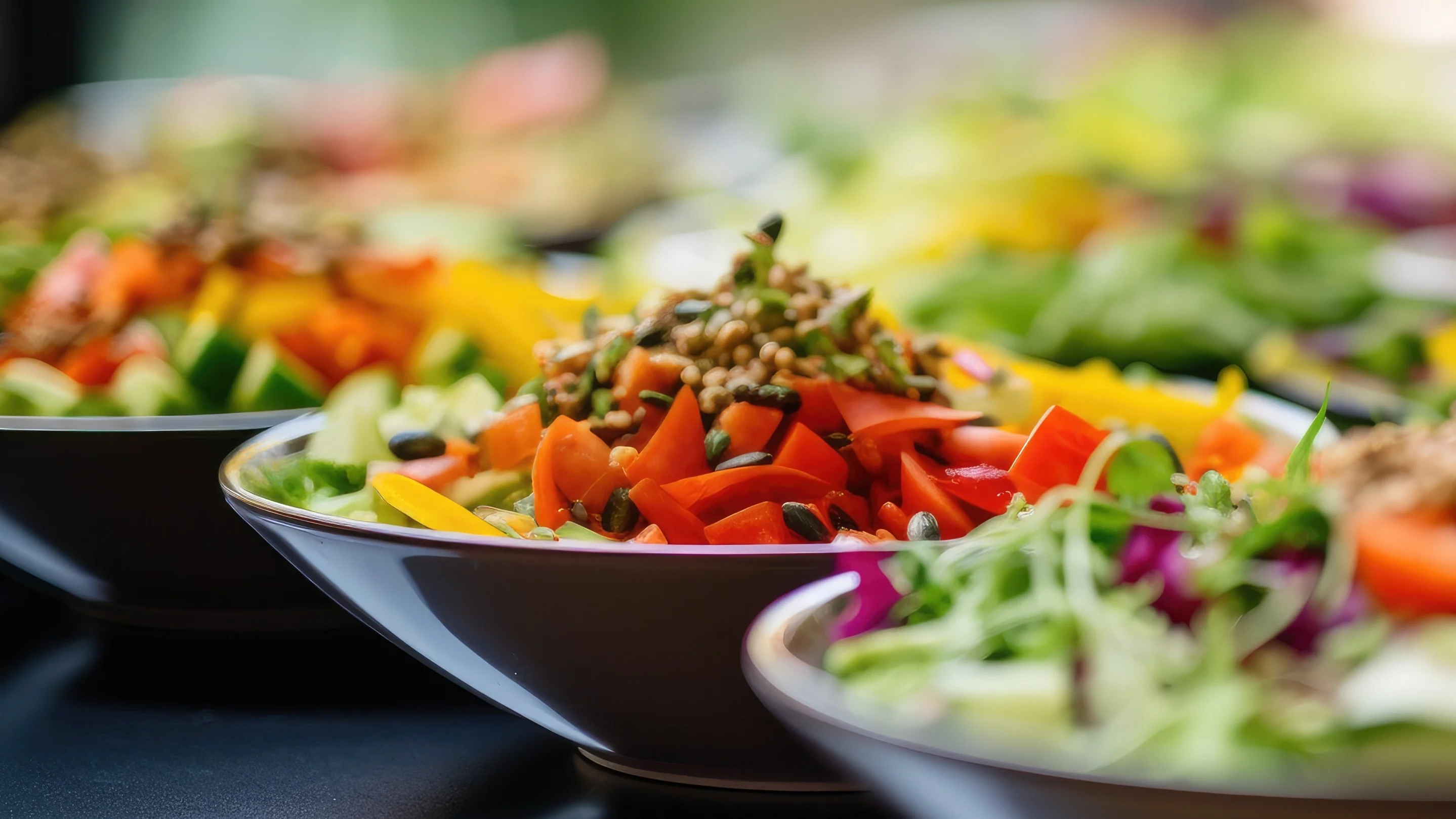
Irmak Uzundemir Bischof is master's student in environmental engineering. With her project, she is launching a catering service that conveys environmental concepts on the plate. After all, nutrition is one of the most influential levers for the ecological footprint of each individual. By turning education into something appetising, not only is the message reinforced, but a sustainable concept is also developed. The project manager is convinced that environmental awareness and the will to change can be easily awakened and implemented with food.
Jump-start for KohlenKraft
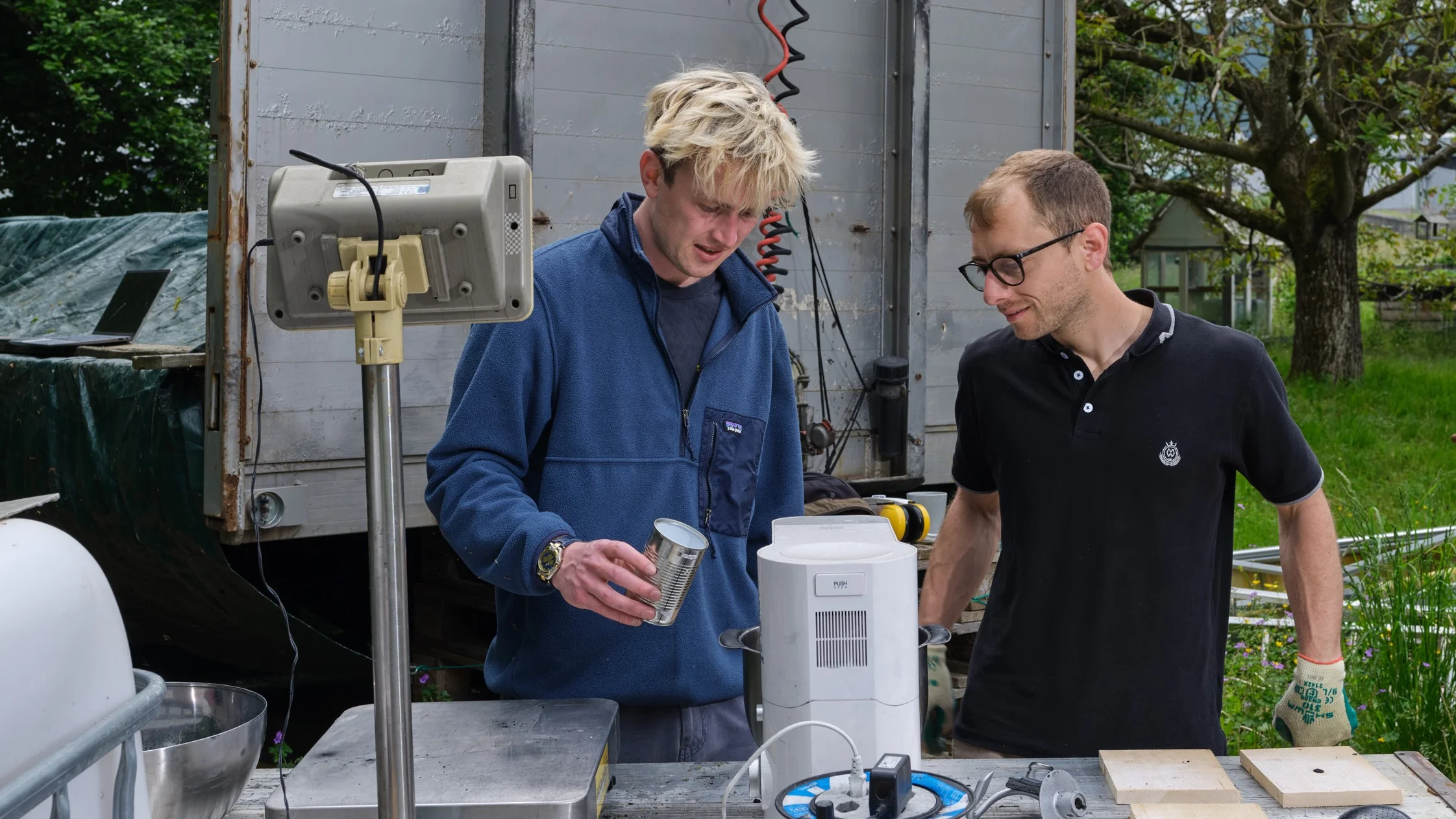
In order to reduce carbon emissions, the construction industry needs a wider selection and availability of building materials that can be used as substitutes for conventional materials such as concrete, plaster and plastic. With their start-up KohlenKraft, Charles Gerike-Roberts and Moritz Keller are focusing on the use of climate-friendly materials for construction applications, one example of which is biochar. They have developed working prototypes for wall plaster and thermal insulation, and pilot projects are underway to validate the material's durability.
HoPZ – Zurich University Pride
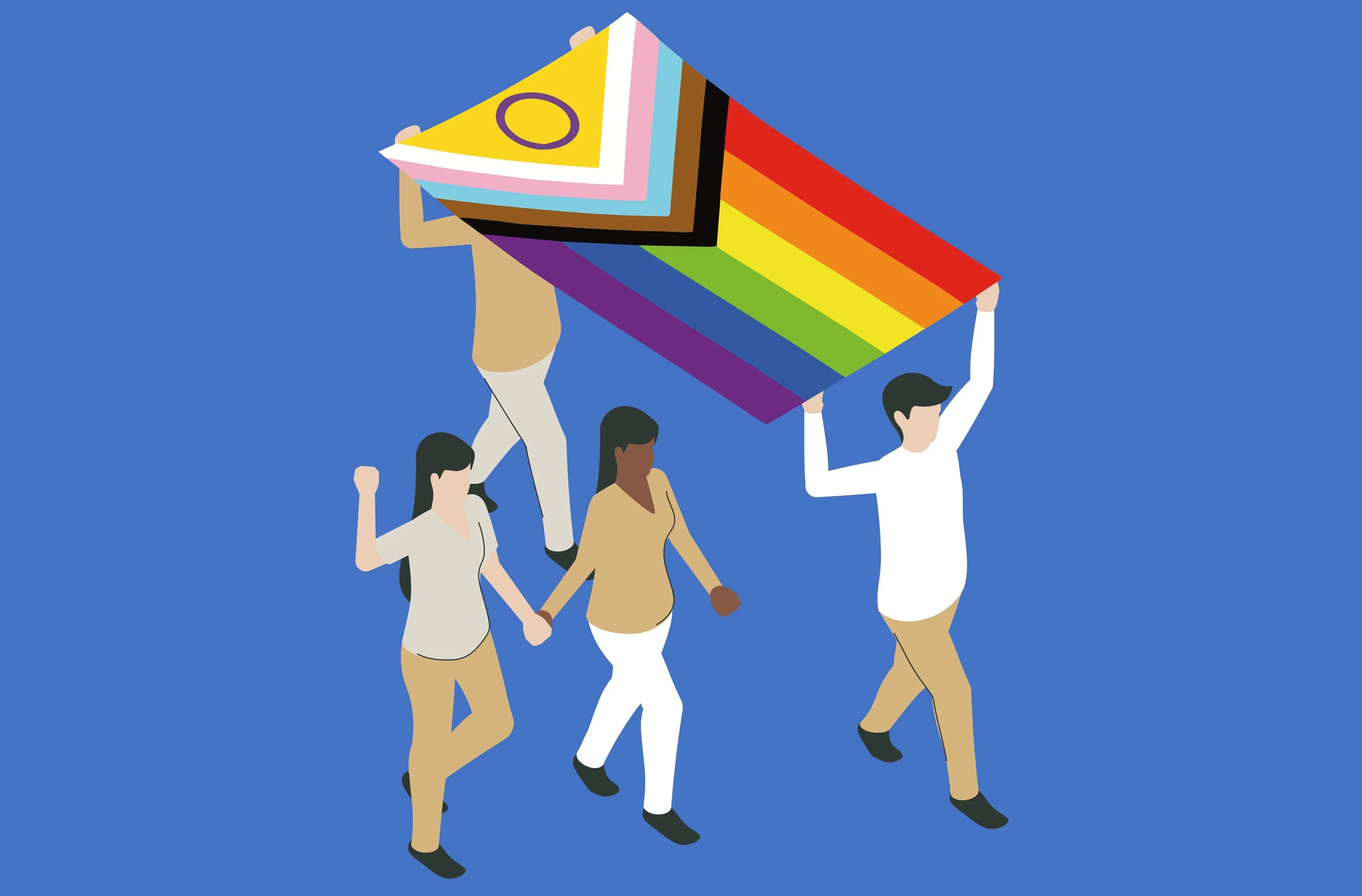
HoPZ is an association that organises various events on LGBTQIA+ topics at the Zurich universities, in collaboration with ZHAW, ETH, UZH and ZHdK. Its aim is to represent the LGBTQIA+ community at universities, share projects, stimulate research and to network the community across universities. Topics such as inclusive and gender-neutral language, gender equality (although mainly binary) and the formation of LGBTQIA+ groups continue to be highly relevant at Zurich's universities.
Field beans as more than just animal feed
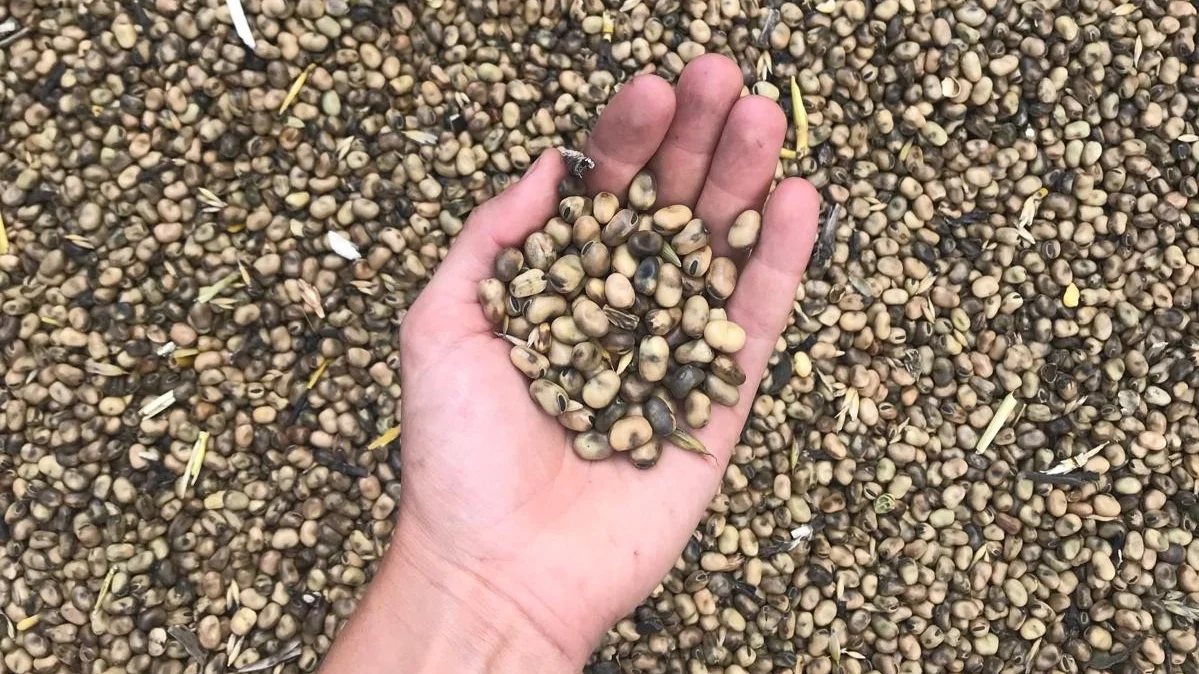
A group of five students enrolled in the Preneurship for Regenerative Food Systems programme are helping farmers successfully sell field beans for human consumption. This local crop is currently grown mainly as animal feed. Introducing this plant-based protein source into the human diet aims to improve human and environmental health and enhance the resilience of local food systems. The pilot project focuses on the production of various field bean products: prototypes are being produced, tastings are being conducted and further data is being collected through focus group discussions. An information campaign is also planned to disseminate information about field bean products.
Sewage sludge to fertiliser
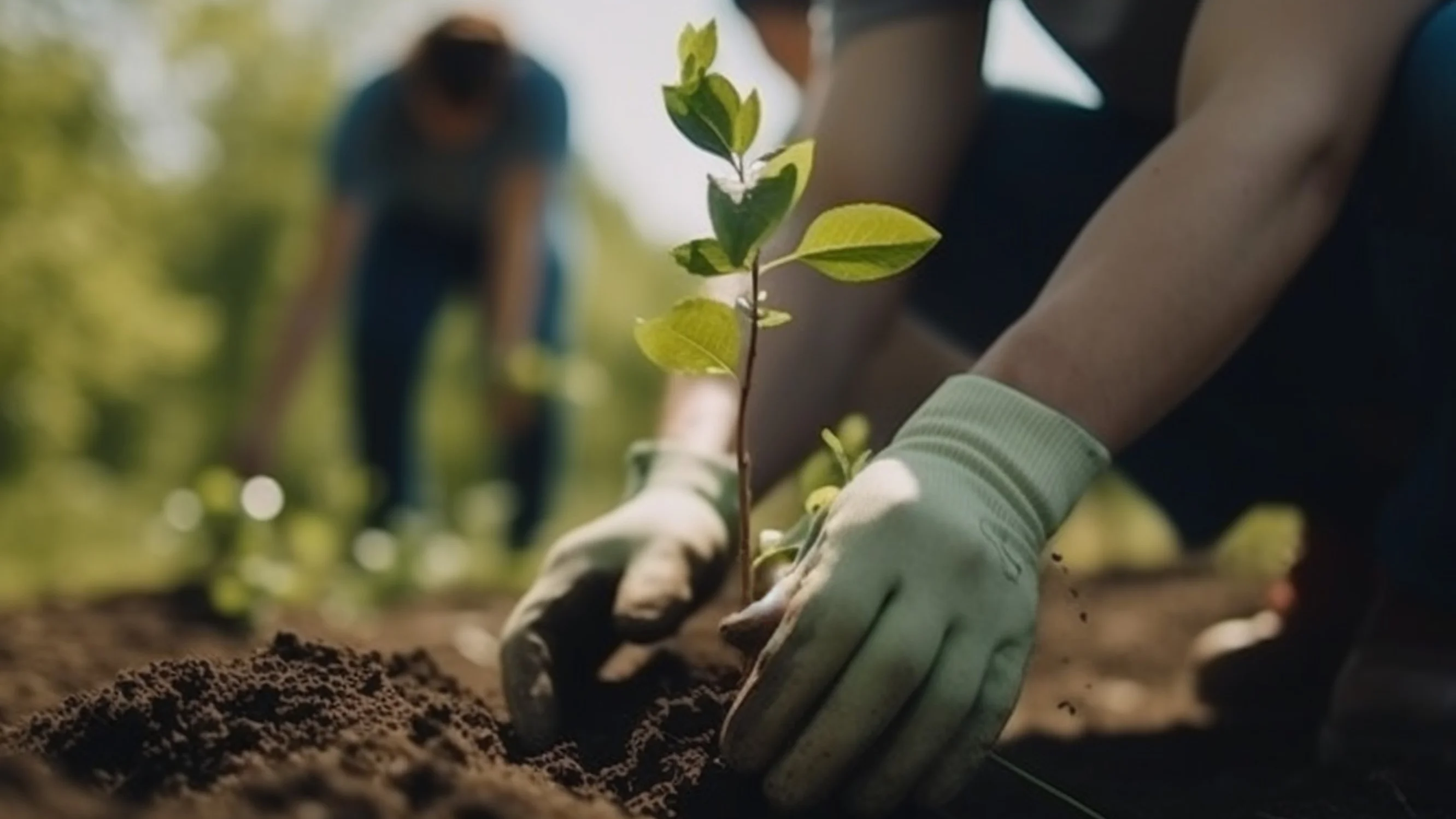
As part of his bachelor's thesis, Martin Sandgaard is producing a novel coal fertiliser from sewage sludge in Guatemala. The pyrolysed sewage sludge is enriched with urine and tested for its suitability as a carbon fertiliser. In addition to collecting data on the quality of the sewage sludge, he is testing how this sewage sludge can be pyrolysed in a controlled manner in order to prove the usability of the enriched pyrolysis carbon as a plant fertiliser. The project is being carried out in conjunction with Pamela Heister's bachelor's thesis in order to find a holistically sustainable solution for fertiliser production and closing cycles.
Sustainable sanitation systems for food security
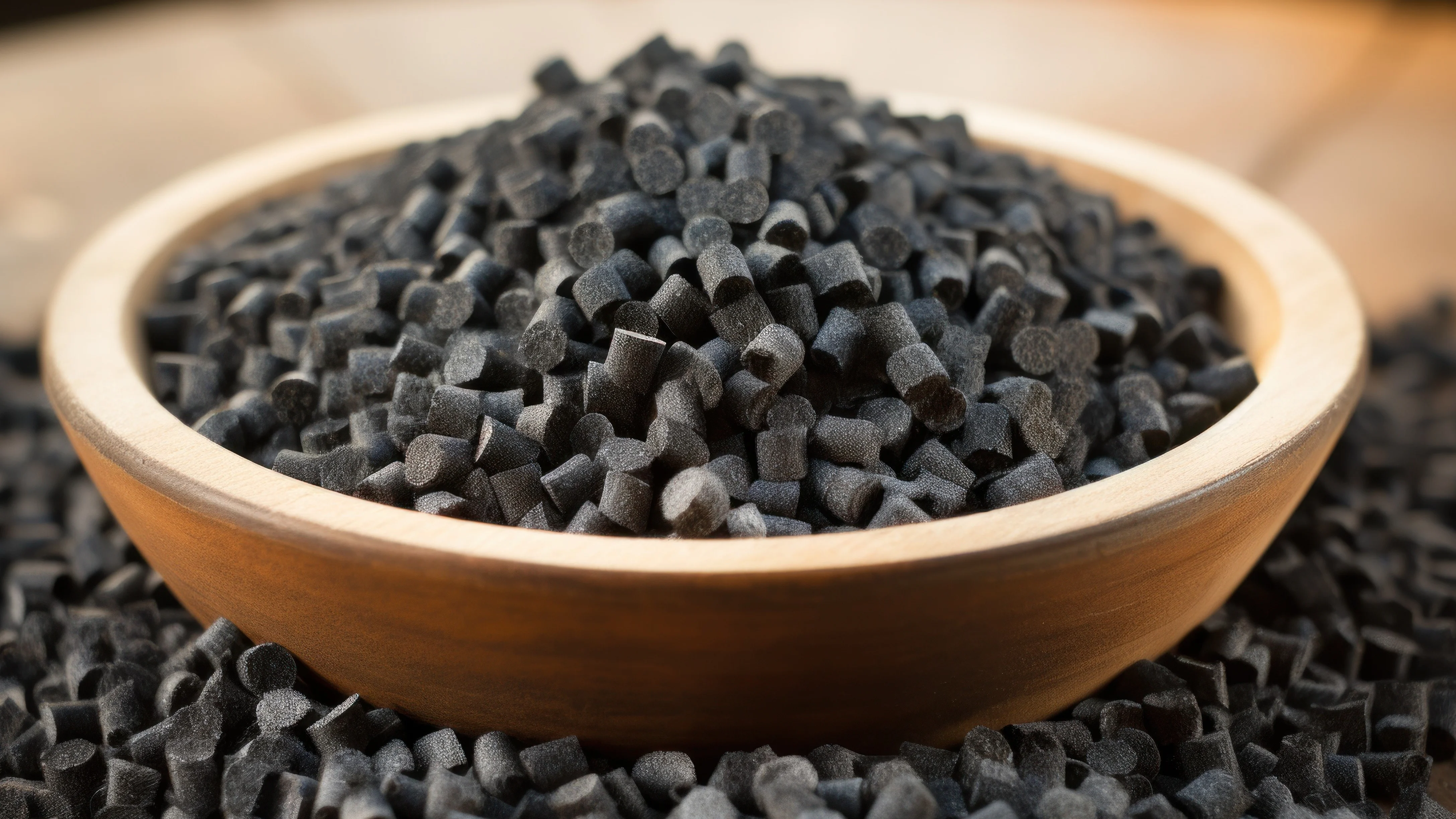
In her bachelor's thesis, Pamela Heister examines efficient nutrient recovery from urine in rural areas of Guatemala. In collaboration with the Swiss organisation Mosan, methods for collecting, stabilising and processing urine as well as for optimally loading biochar are to be developed. In rural areas of Guatemala, fertiliser is expensive and difficult to access. The aim is to produce high-quality, sustainable biochar as fertiliser in order to improve food security and resilience for farmers. The project is being carried out in conjunction with Martin Sandgaard's bachelor's thesis in order to find a holistically sustainable solution for fertiliser production and closing cycles.
Food footprint in one click
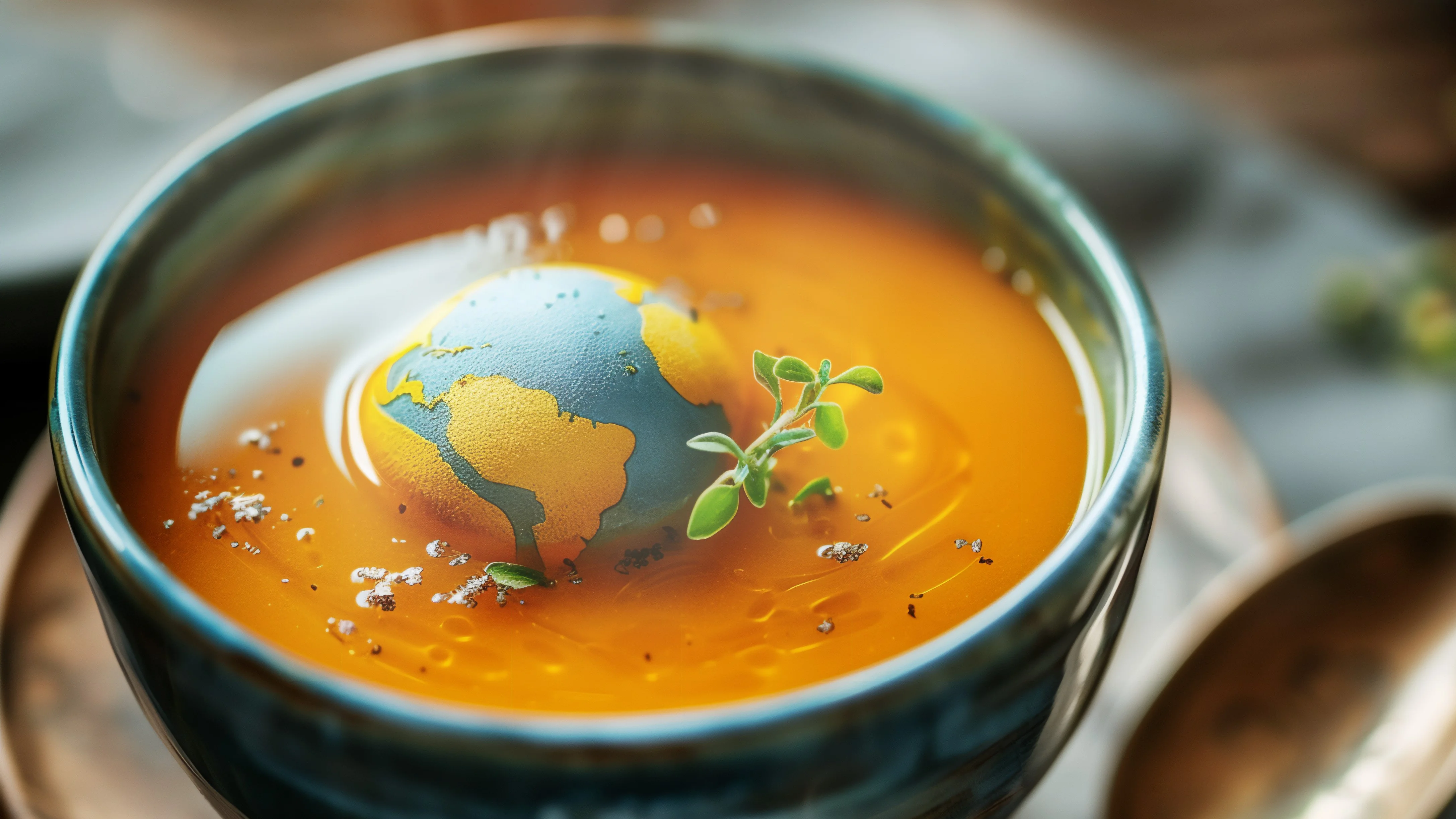
Marius Semm is completing his master's degree in Circular Economy and is co-founder of the start-up Niatsu. Niatsu addresses the issue of transparency in the food industry when it comes to measuring and reporting CO2 emissions. The team has also conducted initial analyses with food manufacturers. This process is to be further automated, particularly the input of data. The start-up has now created one of the largest databases on the environmental impact of food and launched an initial prototype that food manufacturers can use to calculate the initial carbon footprint of their products based on the ingredients and production location.
Synergy in biogas plants
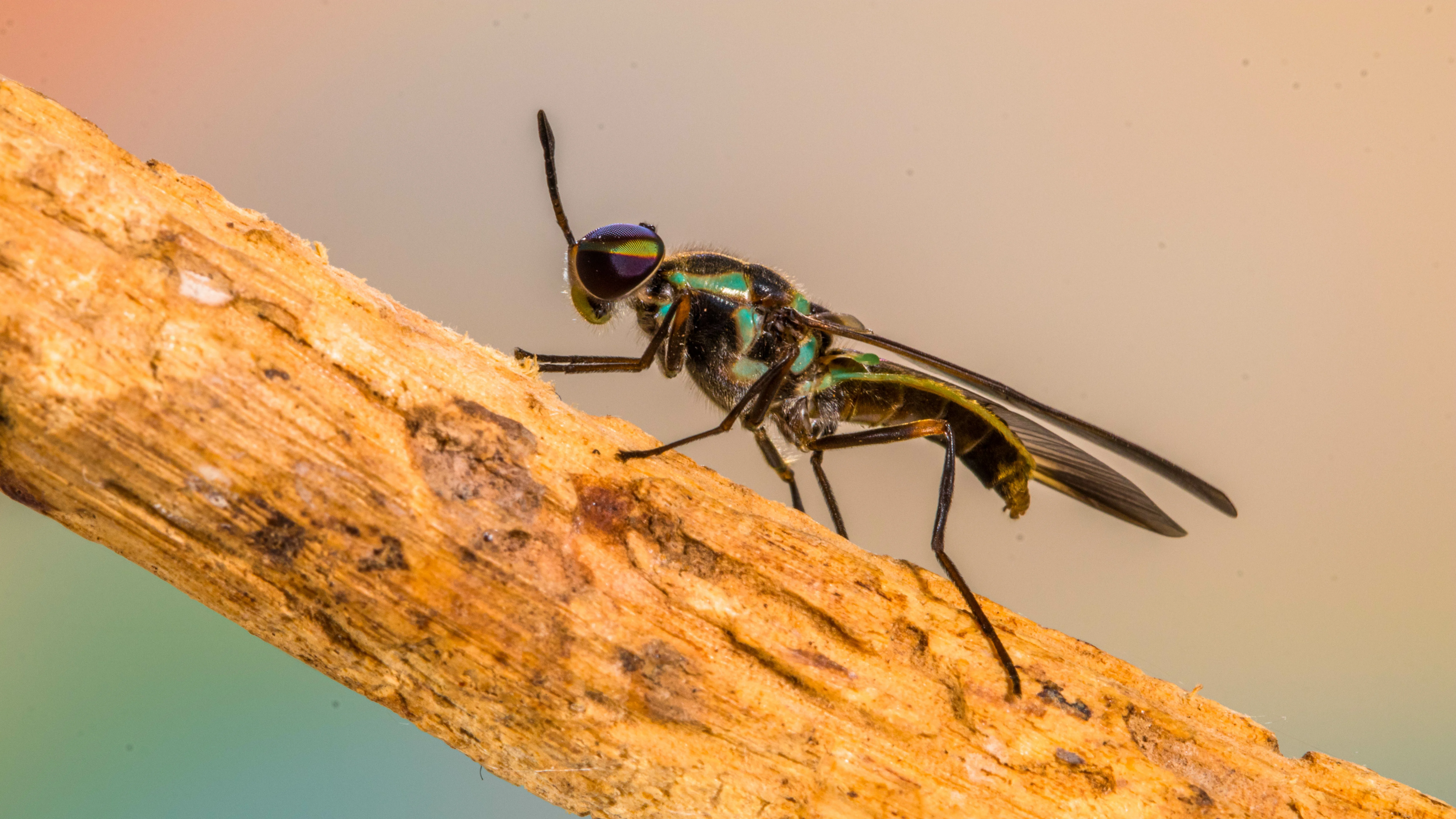
Master's student Ronja Diewald's project aims to investigate the integration of black soldier fly larvae (BSFL) in biogas plants for efficient waste management and resource utilisation. Feeding trials with various biogas substrates and fermentation residues, as well as biomethane potential tests with the feed residue (residual current after feeding) from the BSFL process, are intended to develop optimised processes. The study can contribute to sustainable waste management by improving resource utilisation and making processes more efficient.
Upcycling of sunflower seed press cake
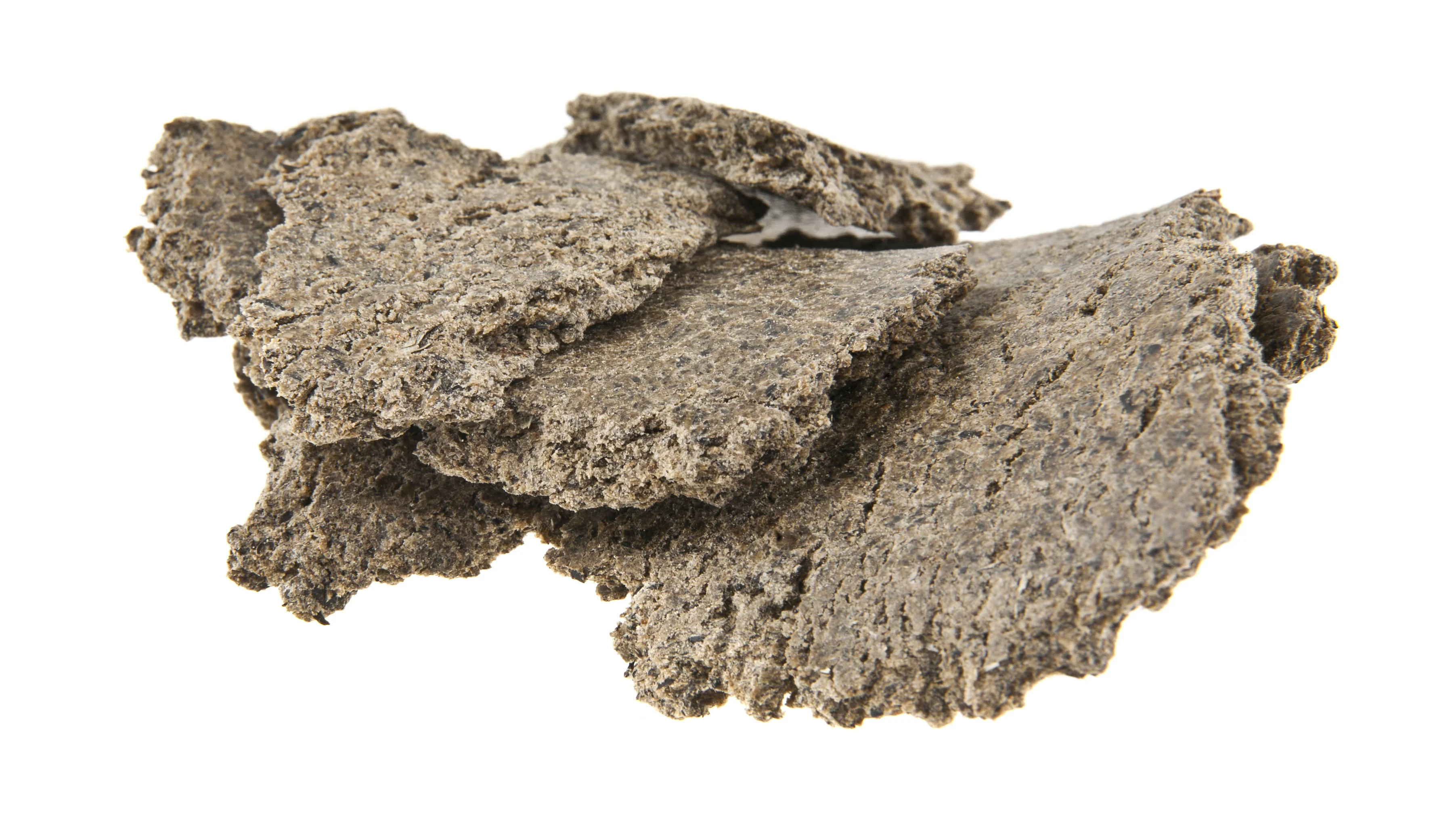
In her project, Alisha Rachel Abraham is investigating the upcycling potential of sunflower seed press cake, a by-product of sunflower oil production, into a nutritious flour for human consumption. Sunflower seed press cake is rich in fibre and antioxidants and is usually sourced locally (Switzerland). The cake can be dried and ground into flour for use in bread recipes. This adds nutrients without affecting the structure of the bread. Sunflower seed press cake is available year-round, making it a consistent source for bread production.
EcoEchoes - the platform for sustainability projects

Master's student Sinh Nguyen aimed to develop a platform for the ZHAW community to showcase academic, entrepreneurial and creative work related to environmental sustainability in a digital showcase. This can include theses, essays, songs, plays, works of art and much more. The platform is intended to give students and staff the opportunity to contribute to environmental sustainability and find fellow campaigners for ongoing and new projects, while also serving as a platform for presentation and networking among like-minded people.
CSAWE - Climate Smart Agriculture for Women Empowerment
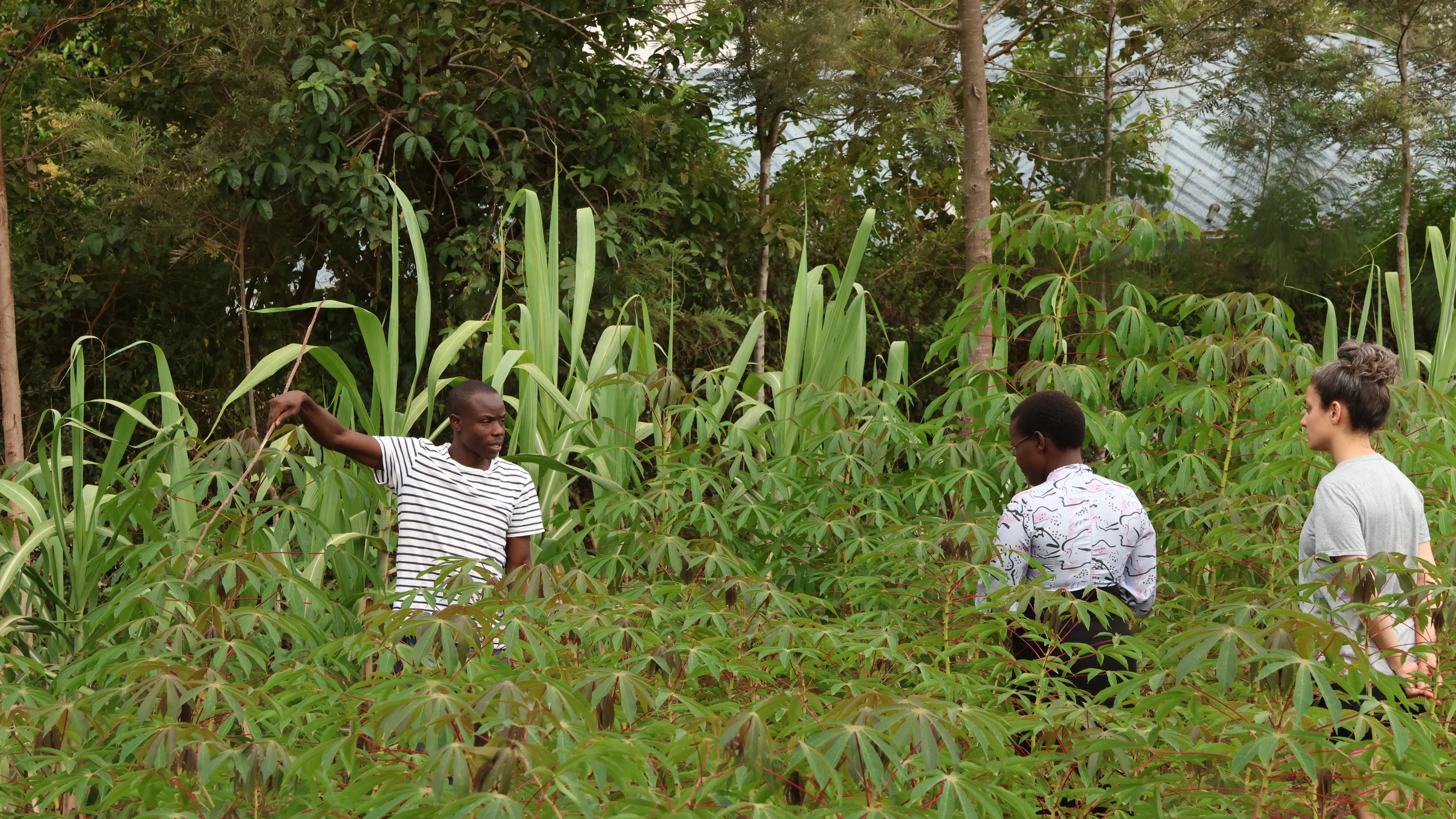
Teenage pregnancies and HIV-Aids are among the greatest threats to girls in Kenya. Reasons for this include poverty and lack of education. With the help of urban agriculture, food security and the economic status of the poor urban population can, however, be improved. The CSAWE project therefore trains women in urban agriculture with horticulture and poultry farming. Raising insects for feed, making worm compost for organic fertiliser, and promoting agroforestry are part of the programme. Here, the aim is to increase food production while reducing food costs. This way, the economic situation of the population can be improved, and unemployment and poverty can be lowered.
Bee drones as a nutritious snack
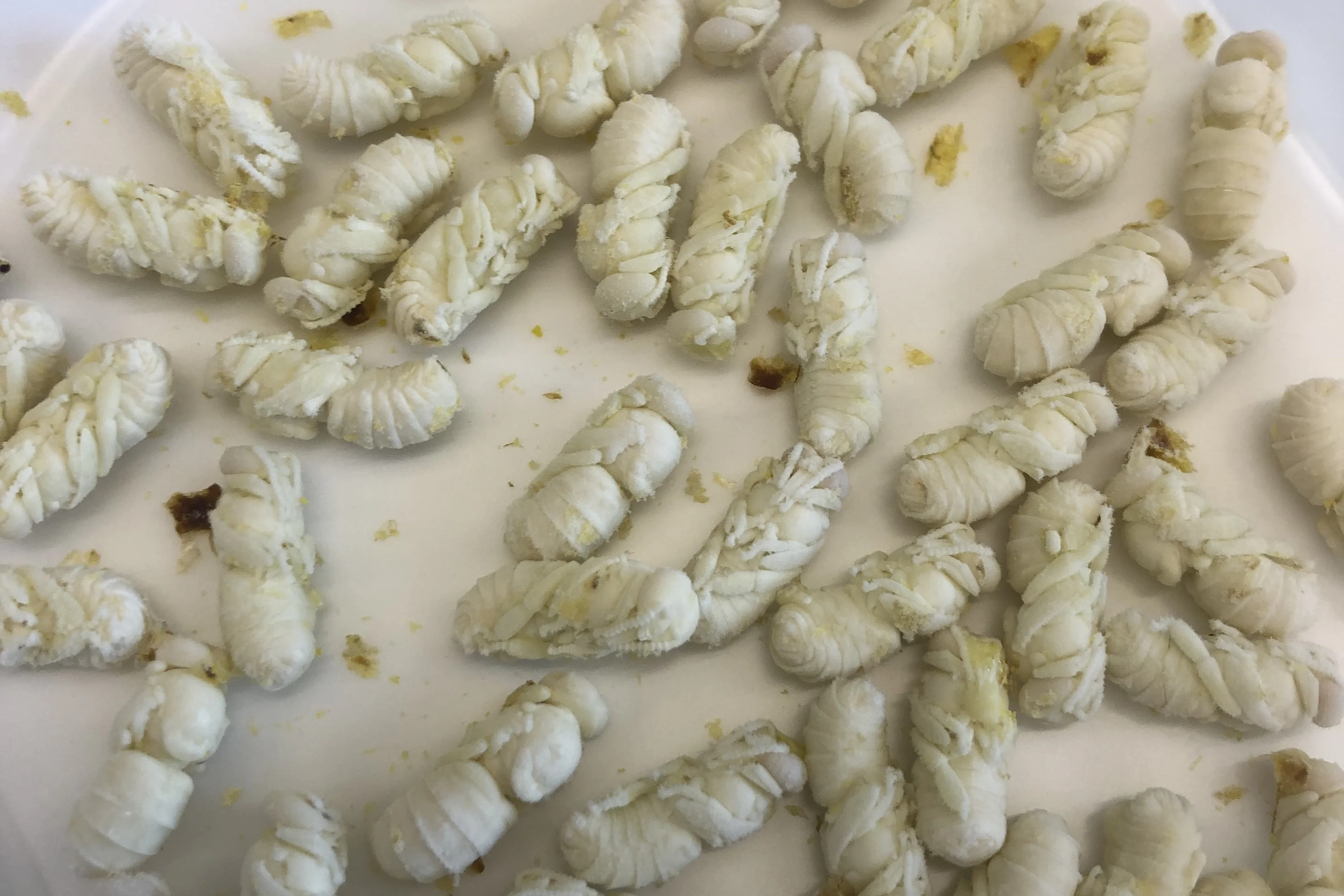
In Switzerland, some insect species have been commercially available as food since 2017. In this context, Irmak Uzundemir, student in the “Preneurship for Regenerative Food Systems” programme, is researching the use of bee drone larvae. Each year, more than 50 tons of this nutritious substance is discarded as a waste product of honey production. The goal of the project team is therefore to transform bee drone larvae into a new food product and establish it as a regenerative business model. Successful implementation would also benefit beekeepers in the long term, as they could benefit from another source of income.
"fountain": Pour your own soft drinks
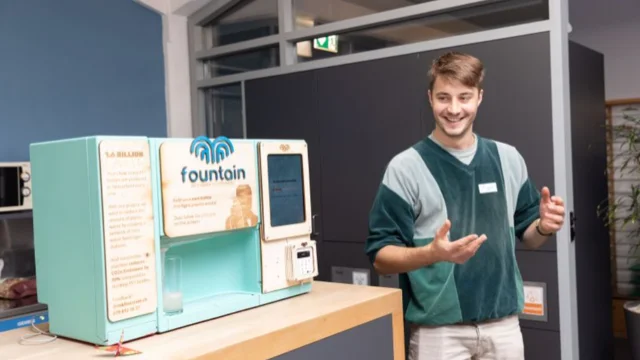
In Switzerland, 1.6 billion PET bottles are produced every year. This not only consumes a lot of energy and resources, but also creates large amounts of waste. Luca and Alexander Pfyffer want to change this with the development of their zero waste drinks dispenser called "fountain": In the future, everyone should be able to enjoy their favourite cold drinks in their own reusable bottles. As a result, the energy and CO2 footprint of the drinks should be reduced by at least 40 per cent. In the course of the project, the ZHAW is serving as a real lab to test the acceptance and use of the automat.
Urban Jungle Zentralwäscherei
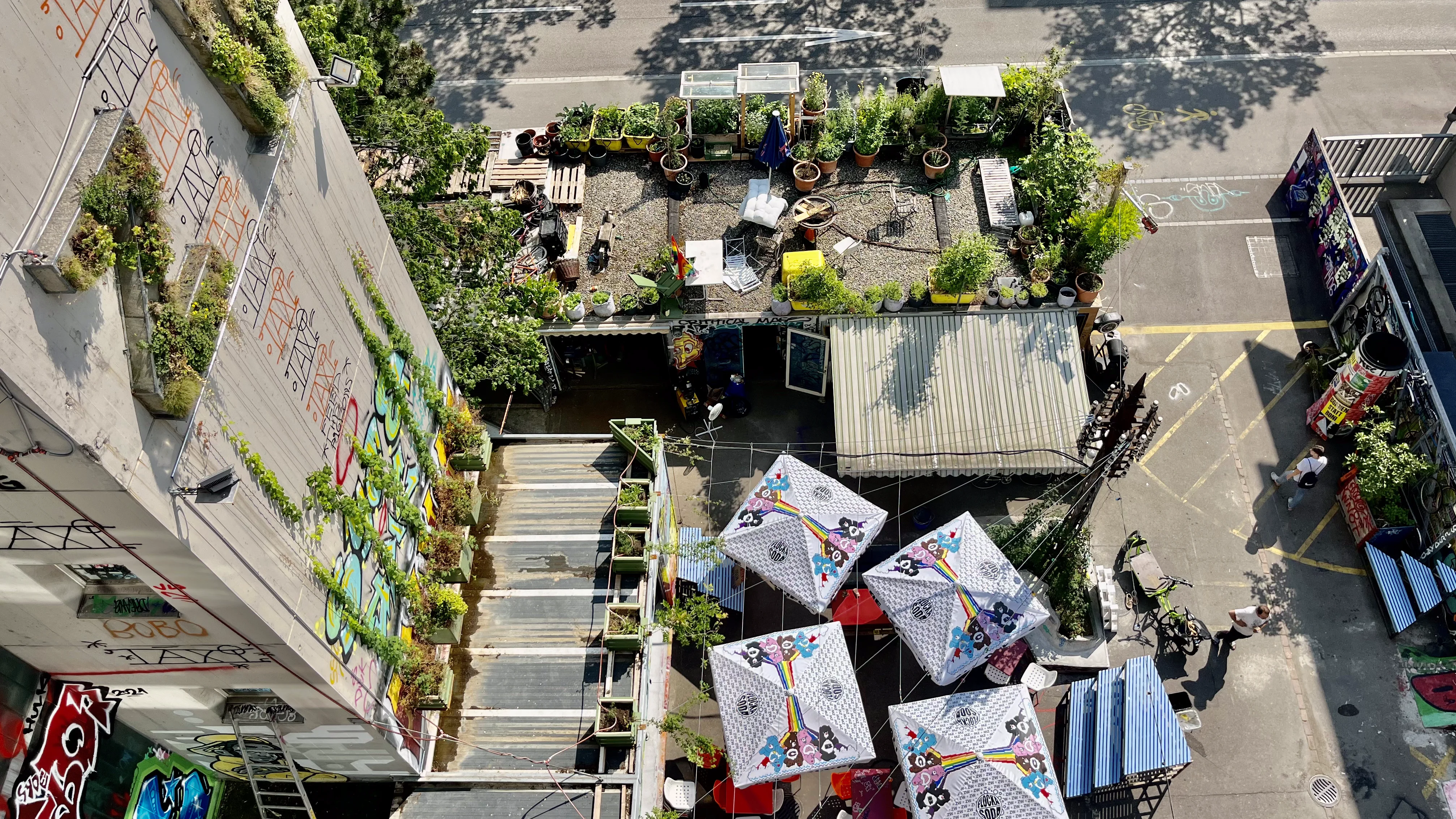
With their project, Gianluca Isler and Tobias Büchler want to create an urban green space in the former Zentralwäscherei in Zurich. A canopy of foliage is to be created over the square to reduce heating and create a seating and lounge area. In this way, the project contributes to improving the urban microclimate and air quality, promoting biodiversity and enhancing the quality of life in the city. The project is carried out in collaboration with the Zentralwäscherei association and aims to sensitise visitors and the local population to the issue of climate adaptation in the city.
From garden directly to the table
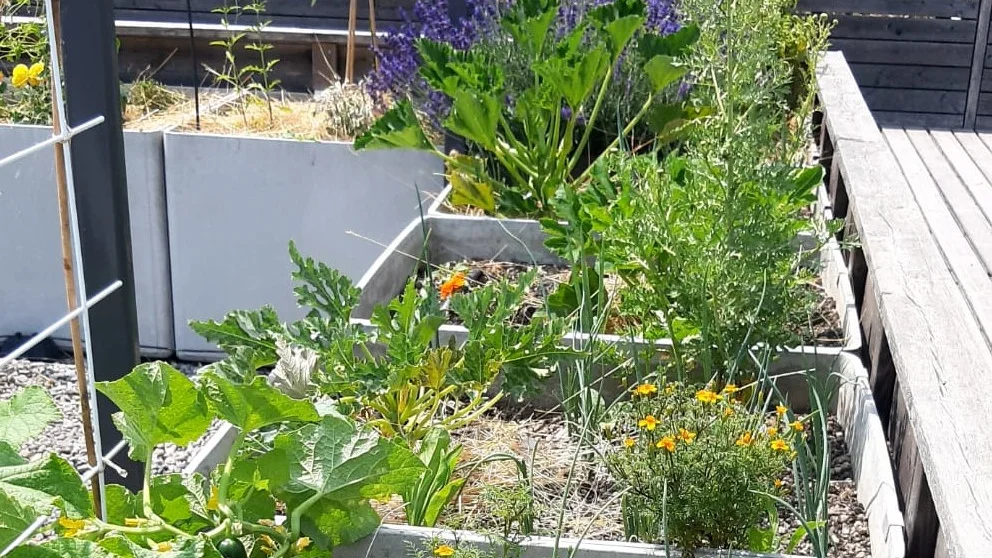
The goal of the social start-up km0 foodgardens is to promote local food gardens and integrate their products into the menus of communities and restaurants. The two "Preneurship for Regenerative Food Systems" students Melanie Millenet and Noemi Schärlig want to address a whole range of issues: The decoupling of humans and nature, the loss of ecosystems, the avoidance of unnecessary packaging and transport of fresh produce while promoting bioregional food cultures. Moving the production of the fresh products back to the place of processing and consumption aims to have a positive impact on all these aspects. A cooperation with SwissRe enables the implementation of a pilot project at two locations in Zurich.
On the road to a sustainable music festival
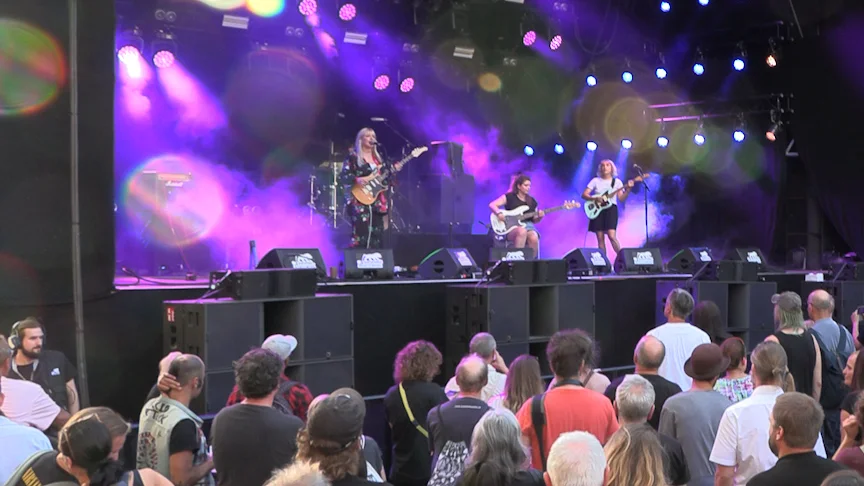
In her bachelor's thesis, Lotta Widmer examined the Winterthur Music Festival in terms of social, ecological and economic sustainability. From her analysis, she concluded an action plan with over 70 measures that are now being implemented step by step. The festival is thus becoming a real laboratory and the findings could point the way for other events. For her outstanding work, Lotta Widmer was presented with the SDG Award at the Swiss Green Economy Symposium 2022.
"hängry foods": On the plate instead of being thrown away
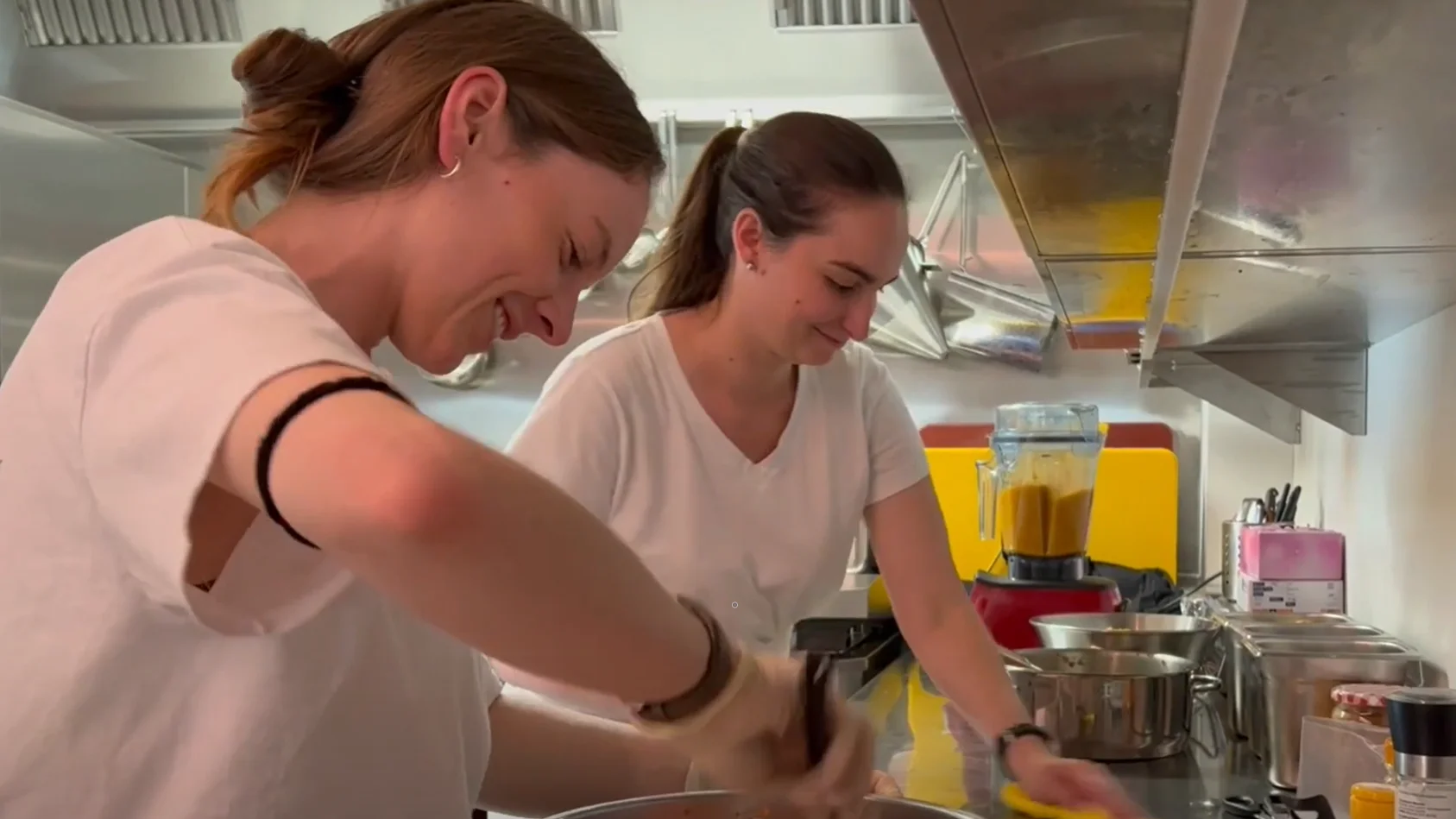
From surplus food, Sophia Graupner and Ximena Franco produce wholesome meals as ready-made products, so-called convenience products. The meals are offered cold and can be flexibly heated in the microwave. The food technology students are planning to conduct a real laboratory at the ZHAW. ZHAW students and employees will be able to order a lunch and have it delivered. The students also won over the ZHAW Startup Challenge with their business idea for "hängry foods".
Field and meadow cider from fallen fruit
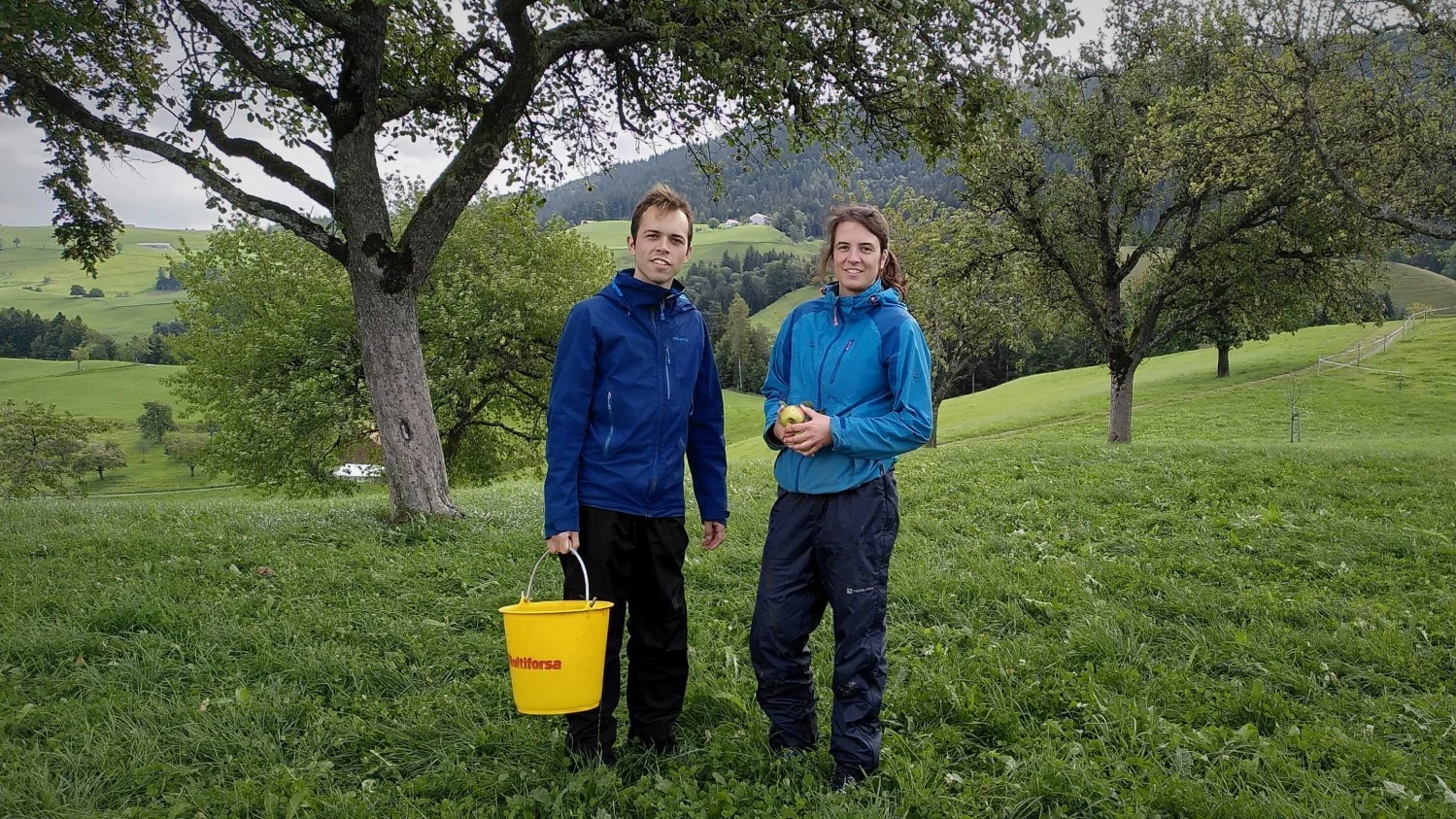
The two food technology students Selina Lüthi and Dominic Spichtig are using previously unused fruit in and around Wädenswil to make cider. The focus is on old apple and pear species from high trunk trees. The fruit is collected together with volunteers, then pressed and processed into cider. In this way, on the one hand, unused fruit is refined into a culinary product, and on the other hand, it is produced regionally and in a climate-friendly way.
"foodtäch insights": the podcast on food
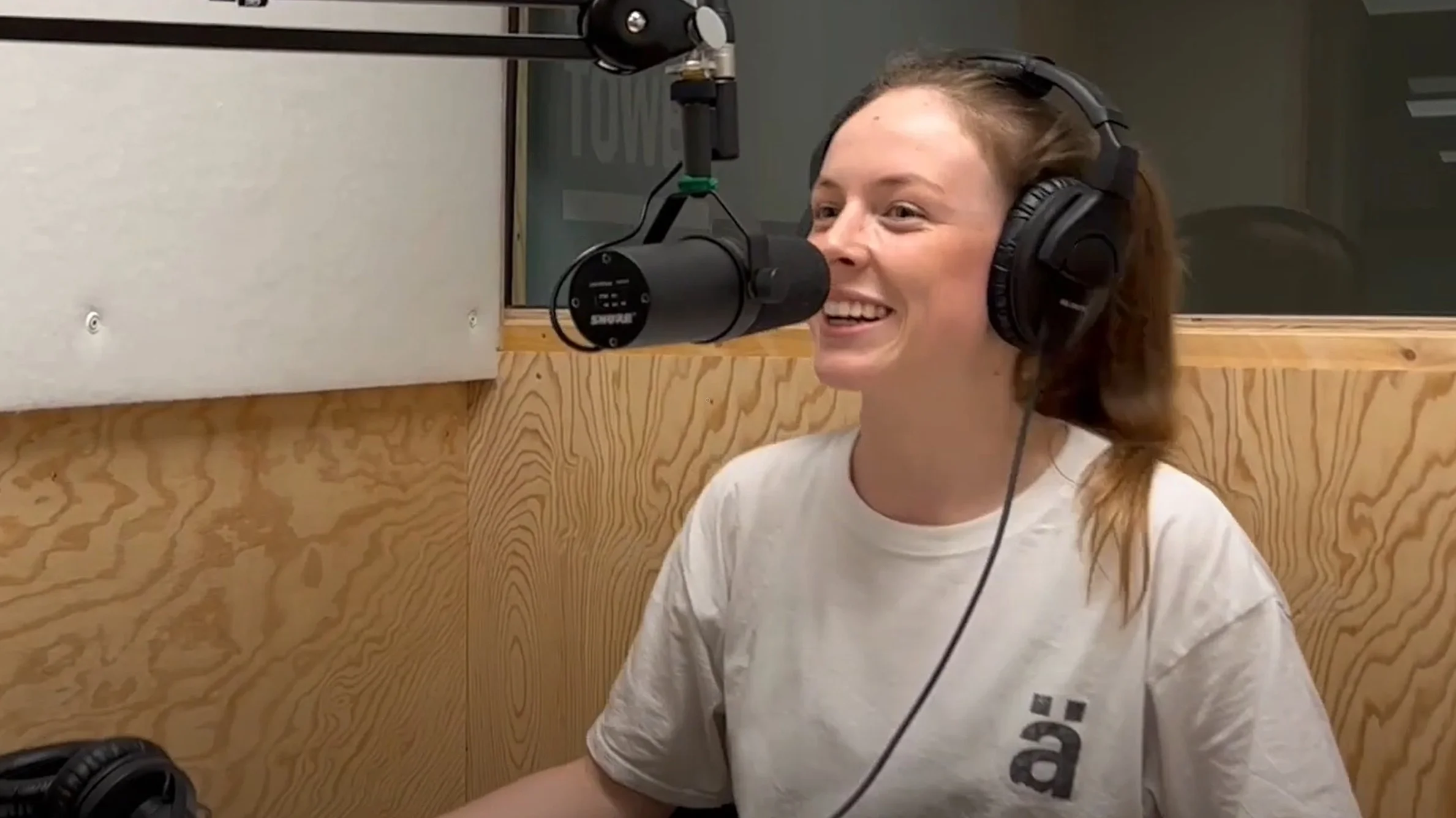
The podcast "foodtäch insights" by Sophia Graupner deals with topics related to sustainability in the food industry. The student clarifies open questions about current developments with experts and presents new ideas. With the podcast, she wants to educate listeners about the high environmental impact of food and, at best, achieve a change in eating habits.
"Status": Offer for refugee students

Status is a support service provided by ALIAS, the ZHAW Student Association. As a point of contact for refugees who are interested in studying or are already enrolled, Status offers personal, digital or telephone counselling sessions. The newly funded project aims to develop a solution for introducing a trial semester for refugees at all departments of the ZHAW.
Students organise the Sustainability Day
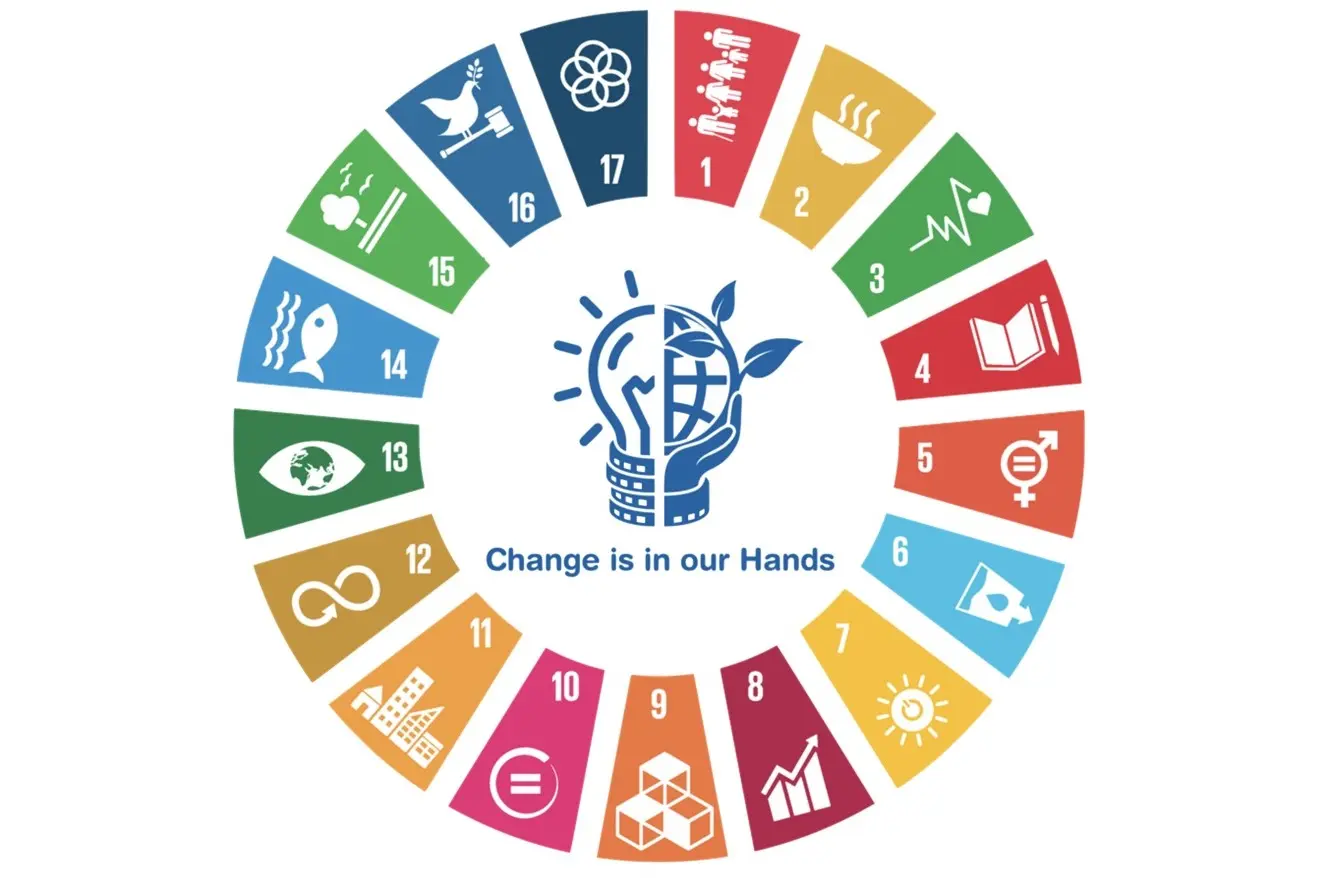
Shqipron Brajshori, together with fellow students, runs the Sustainability Day at the School of Management and Law. The theme of the day is social responsibility and sustainable development. It is aimed at all ZHAW students and staff, as well as the surrounding population. The aims of the Sustainability Day are to raise awareness of sustainability-related issues and to promote dialogue within the ZHAW.